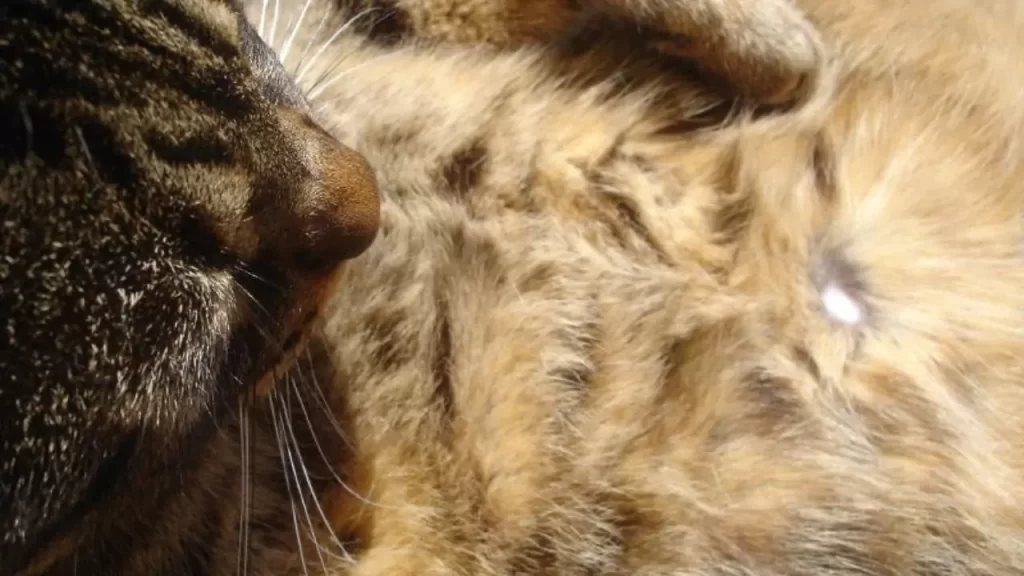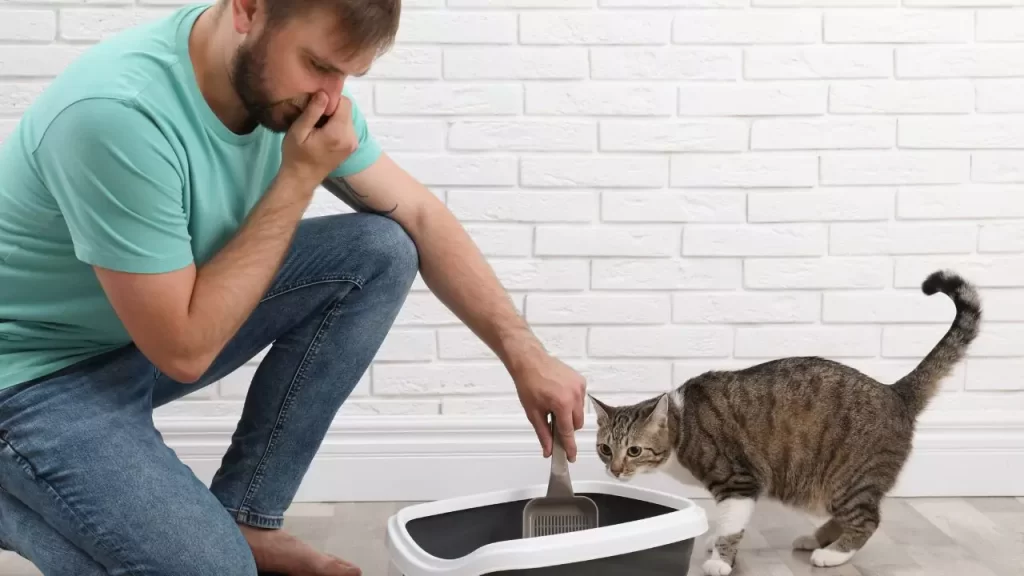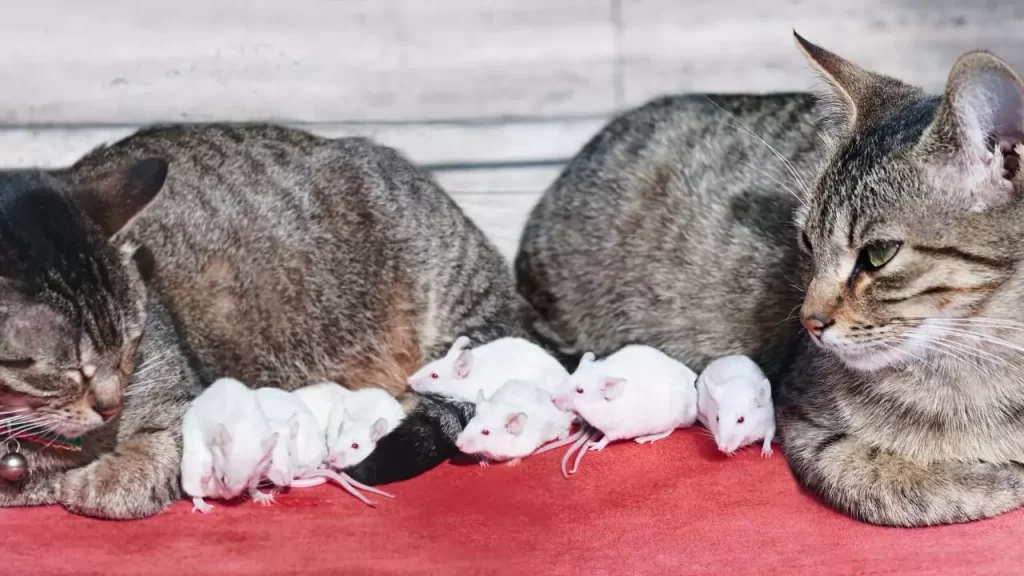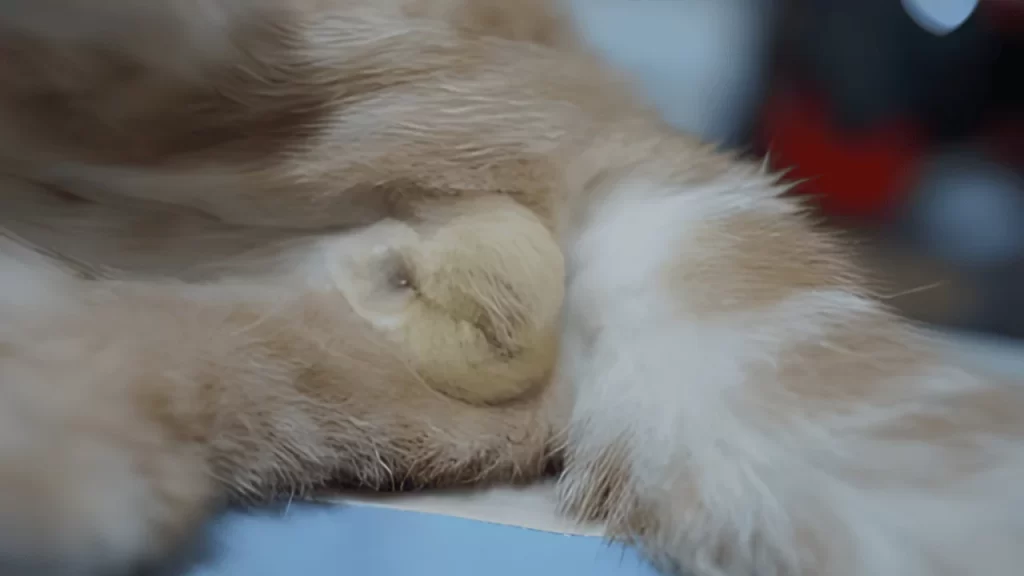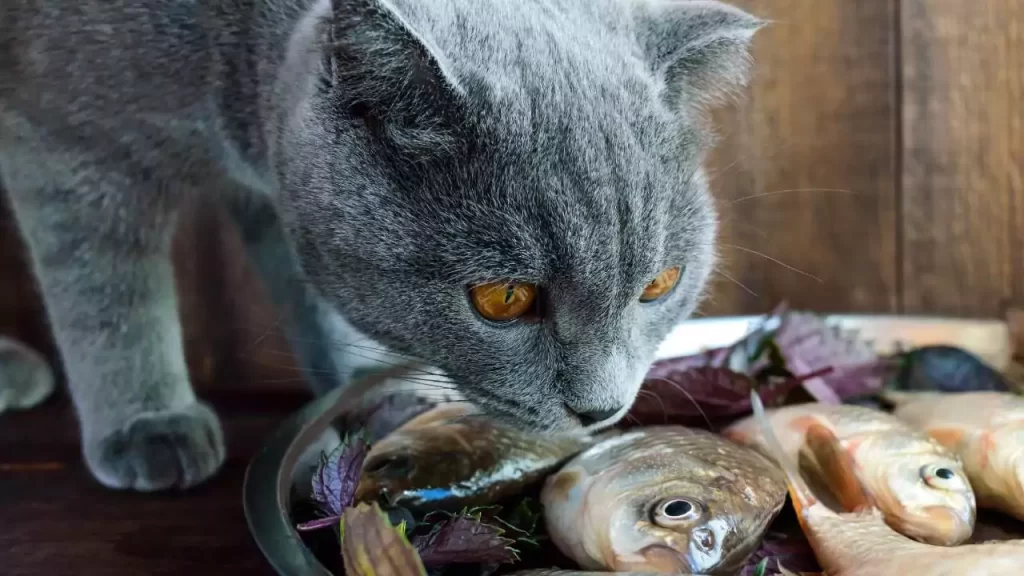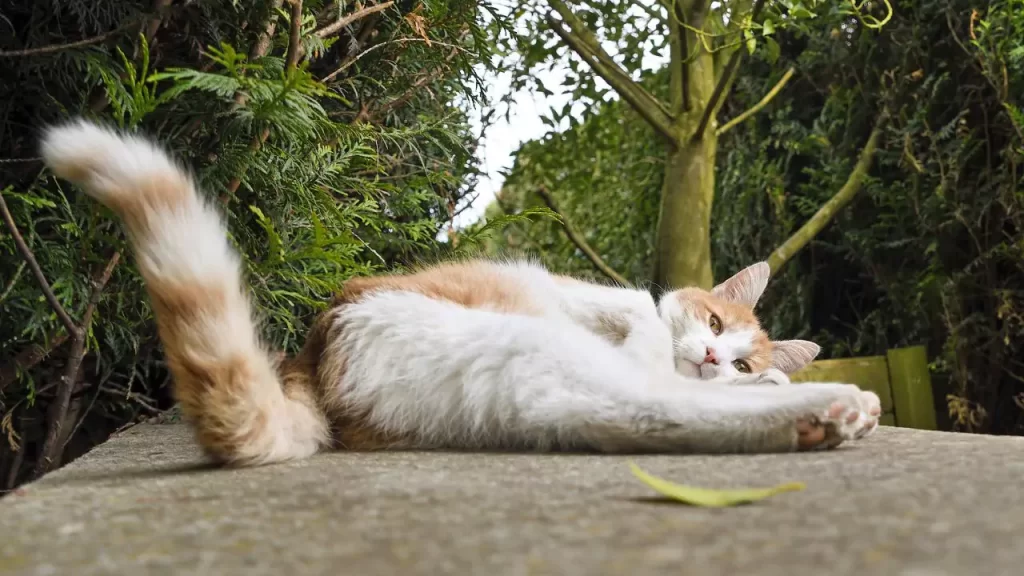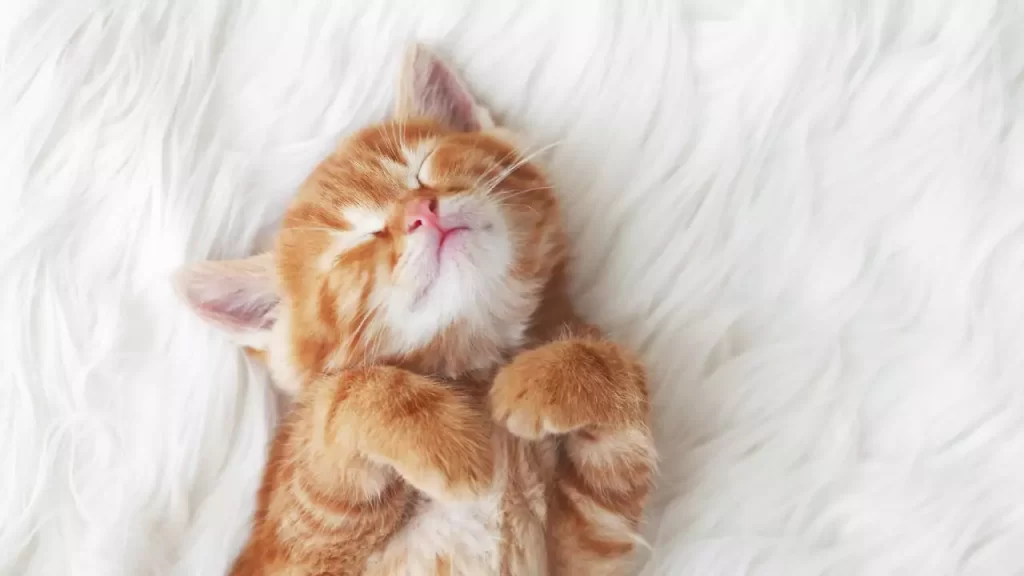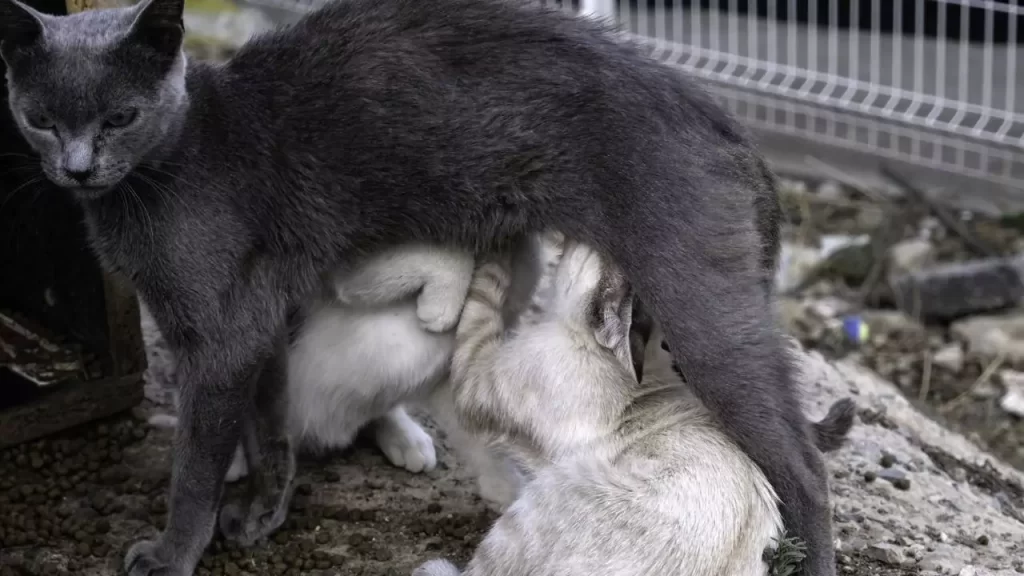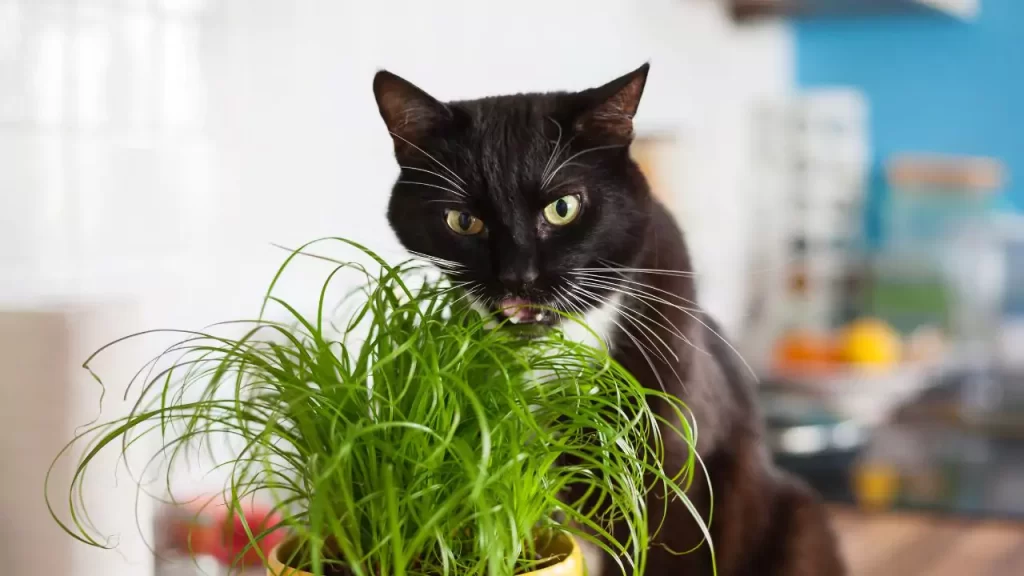Author: Dola Singha
Dola Singha is a cat enthusiast with a lifelong love for feline companions. She is an expert in all aspects of cat care, from nutrition and behavior to training and health.
Yes, cats have belly buttons. Similar to humans, cats have one belly button, which serves as the connection point of the umbilical cord to their mother while in the womb. However, cats’ belly buttons are not as prominent as those of humans. Almost all mammals, including cats, have belly buttons, though they may vary in appearance and visibility. Where is a Cat’s Belly Button Located? A cat’s belly button is located on its abdomen, usually near the center or slightly to the left. It is a small scar that marks the spot where the umbilical cord was attached to the…
Cat poop smells so bad primarily because cats are carnivores, and their digestive systems are designed to efficiently break down proteins and fats. As a result, their feces contain higher concentrations of protein and fat compared to other animals, leading to a more pungent odor. This heightened smell is a natural outcome of their diet and digestive processes. Causes of Smelly Cat Poop Several factors contribute to smelly cat poop, ranging from dietary choices to health problems. Let’s delve into the most common culprits: Diet The primary source of fuel for your feline friend can significantly impact their waste’s fragrance.…
Yes, cats eat mice. Cats are obligate carnivores, meaning they are designed to eat meat. In the wild, cats have to hunt for food, which includes smaller mammals like mice. Cats also eat other small mammals, rats, birds, moles, shrews, rabbits, lizards, snakes, and large insects. Cats engage in playful behavior with their food in order to refine their hunting abilities. An optimal feline diet would consist of consuming approximately five to six mice on a daily basis. Mice have a protein content of 48 percent, a carbohydrate content of 5 percent, and provide around 48 kcal per mouse. When…
Yes, cats have testicles, but sometimes they are not visible or palpable. This condition is called cryptorchidism, which means that one or both testicles have not descended into the scrotum. Cryptorchidism is a common congenital abnormality in cats, especially in certain breeds. It can affect the health and fertility of the cat, as well as the sex determination. In this article, we will explain what cryptorchidism is, what causes it, how it is diagnosed, and what are the treatment options. We will also give some tips on how to tell the sex of a cat by looking for physical differences…
Cats may have breath that smells like fish due to their diet. If they consume fish-based cat food or treats, it can leave a lingering fishy odor on their breath, especially with canned or wet food. Additionally, bad breath in cats can result from mouth ulcers, sores, or even cancer. Regular brushing of a cat’s teeth, ideally every day, using tooth gel for felines, can help prevent most cases of bad breath. Linking brushing to a treat, such as drinking water from a dripping faucet or a favorite canned food, is recommended by veterinarians. Common Causes of Bad Breath in…
The sight of a cat’s tail swishing is a familiar one, but have you ever noticed a rapid, trembling vibration at the tip? This quivering can be a confusing signal, as it can indicate a range of emotions in your feline friend. Understanding this unique tail behavior requires delving into the fascinating world of cat body language. Understanding Cat Body Language Cats are masters of non-verbal communication, relying heavily on their body language to express emotions and needs. To decipher the meaning of a vibrating tail, we need to consider other key elements: What Does It Mean When a Cat’s…
Yes, a cat’s fur plays a crucial role in keeping them warm. It’s a marvel of evolutionary design, providing insulation and protection from the elements. But fur’s effectiveness varies depending on factors like length, breed, and individual cat characteristics. Let’s delve into the science behind cat fur and how it keeps these feline friends comfortable in diverse climates. The Science Behind Cat Fur Insulation Structure of Cat Fur Cats have a double coat: guard hairs and undercoat. Guard hairs are longer, coarser, and repel water, while the dense undercoat traps air, creating a fluffy layer for insulation. This air layer…
Yes, cat’s milk does have lactose, but not as much as cow’s milk or human milk. Lactose is a type of sugar that is found in the milk of mammals, and it is broken down by an enzyme called lactase in the digestive system. Cats, like some humans, can have lactose intolerance, which means they cannot digest lactose properly and may experience symptoms such as diarrhea, vomiting, or gas. Do Cats Have Lactose Intolerance Like Some Humans Do? Cats have lactose intolerance to varying degrees, depending on their age, breed, and individual variation. Kittens are born with a high level…
Cats may eat grass for various reasons. One primary motive is to obtain folic acid, a nutrient found in grass that aids in oxygen transport through the bloodstream. Additionally, grass provides roughage, promoting digestion and eliminating hairballs, leading to more regular gastrointestinal function in cats. Some experts suggest that the chlorophyll in grass contributes to maintaining a cat’s fresh breath. Contrary to common belief, cats don’t only consume grass when unwell; it’s a common behavior even in healthy cats. The act of eating grass is considered natural for cats, potentially serving as a natural laxative to aid digestion and prevent…
Cats can be a major source of asthma triggers for some people. These triggers include Dander, Urine, and Saliva. Cats produce allergens that can cause an allergic reaction in some people. Breathing in these allergens can trigger allergic reactions that result in asthma symptoms. For example, cat urine contains a protein called Felis Domesticus 1 (Fel D1) that can trigger asthma symptoms in some people. People who notice asthma symptoms, such as wheezing or coughing, after being around a cat may have allergic asthma resulting from a cat allergy. What is Allergic Asthma and How is it Triggered? Allergic asthma…




